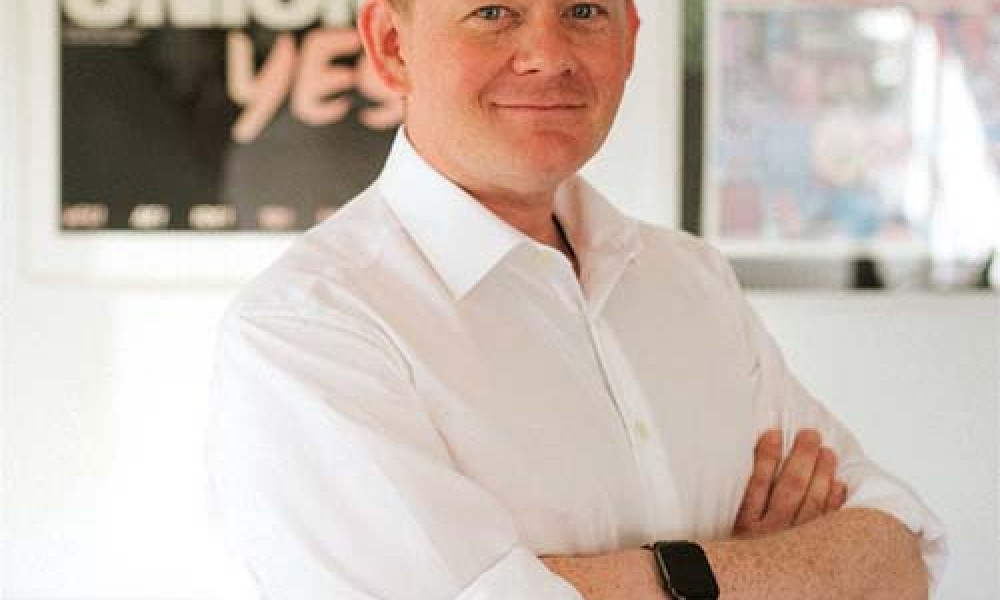Recently, the economic news hasn’t seemed great. Unemployment forecast to rise, interest rates climbing, the cost-of-living ballooning. Now is the time for sensible economic policy that focuses on the big, longterm issues – and how we can build a better future.
The Prime Minister says New Zealand is “fragile”. The Government couches its tax and public service cuts package as essential to tackling the country’s economic malaise. The solutions proposed – axing the public service’s numbers, for example – ignores many of the problems we have.
The "debt crisis"
The Infrastructure Commission tells us we have a $210bn infrastructure gap – that’s schools, hospitals, and other essential infrastructure that should exist and doesn’t. We have a chronic productivity problem, driven by having built a low-wage and low-skill economy.
All these things should be telling us that we need to be investing more and not less. But we can’t afford it, right? Aren’t we borrowing loads? According to the International Monetary Fund in 2023, New Zealand had a lower government debt burden (24.5% of GDP) than Australia (29%), the US (97%) the UK, (99%), or Japan (158%).
The average debt of advanced economies globally is 83%. There is no debt crisis in New Zealand.
A crisis of economic imagination
What we do have is a crisis of economic imagination. We should be focusing on building a better future. That means making the essential public investments that we have been putting off for too long.
It means creating an enabling state, which catalyses economic growth and ensures that no one is left behind. It means ensuring the transition to an economic future that can deal with climate change is fair, and that we don’t repeat the mistakes of the past.
If the economy is genuinely fragile, then cutting the wages of minimum wage workers in real terms is unlikely to make them more resilient. Kāinga Ora has no funding for new housing after 2025, but we will be finding around $3bn to give to landlords. We won’t build on our climate change goals by cutting half a billion dollars from science funding.
Investing in a better future
We can choose to do something different – helpfully, that ‘different’ turns out to be great long-term economic policy. If we are to truly tackle our long-term problems, it means we need a long-term plan to invest in skills, in our communities, and our workforce.
It’s also essential that we invest in a public service that can deliver that investment well, and fully recognising the value that our public services bring both to the economy and to the rest of New Zealand.
It will mean building our capacity to deliver over the long run. It will mean making sure that not only is New Zealand the best country in the world to be in business, but also the best country in the world to be a worker.
